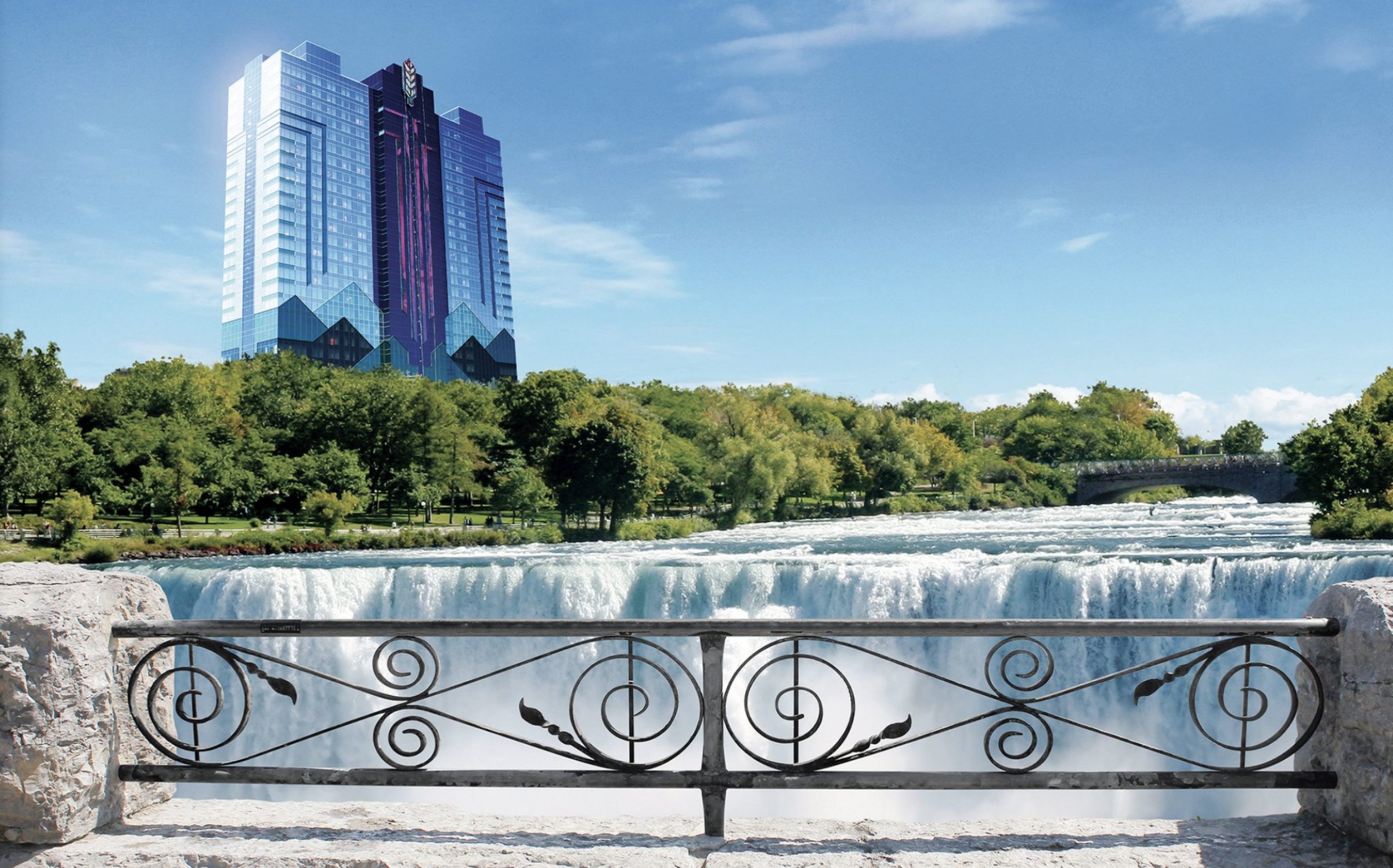Seneca Nation Dispute: Niagara County Urges New York State Legislature to Resolve Compact Discord
Posted on: February 22, 2018, 05:00h.
Last updated on: February 22, 2018, 11:32h.
The ongoing gaming compact dispute with the Seneca Nation of Indians has become problematic, and Niagara County officials are calling on the New York Legislature and Governor Andrew Cuomo (D) to swiftly find a solution to the conflict.

Next month will mark one year since the tribe stopped revenue sharing payments to the state. The Native American community claims it has fulfilled the financial obligations of its 2002 casino compact. Seneca argues its revenue-sharing agreement called for an automatic rollover upon expiration, but the legal pact does not mandate that the tribe continue to send in tax checks to New York State.
Niagara County, the host community of the Seneca Niagara Resort & Casino, has received about $800,000 annually in the revenue-sharing arrangement. The majority of the casino funds the county got have been used for tax relief, with the remaining 25 percent earmarked for economic and community development.
Host towns and municipalities surrounding the tribe’s two other casinos, Seneca Buffalo and Seneca Allegany, have also been left out in the cold. “This has been going on way too long,” Niagara County official Clyde Burmaster told the Lockport Union-Sun & Journal this week.
Restitution Demand
Niagara County has its own 15-person legislative group, which filed the resolution this week with the state, demanding the issue be resolved. In addition to the county wanting its revenue cuts reinstated, the group is requesting that the county be reimbursed for payments not sent over the past year.
At a meeting on Tuesday, the Niagara County Legislature revealed it has just $47,600 remaining in its community development fund.
“Certainly, the City of Niagara Falls is having a hard time balancing their budget this year because of the loss of casino revenue. The good we’ve been doing with the community enhancements has been very noticeable,” Burmaster noted.
New York State has declared that the Seneca Nation is in violation of its gaming compact, and that it is now essentially operating its casinos unlawfully. An arbitrator is to review the matter, but as of last week, no such legal proceedings have commenced.
Casino Saturation
The Seneca Nation is presumably unhappy regarding gambling expansion in New York. In 2013, voters approved a constitutional amendment to authorize as many as seven full-scale commercial casinos in upstate regions. The tribe said at the time that commercial casino expansion is a “negative form of economic development” for the state.
The first three to open, Tioga Downs, Del Lago, and Rivers, collectively fell $230 million short of their initial first-year gross gaming revenue projections. The shortcomings cost government coffers tens of millions of dollars in unrealized tax revenue, much of which was to be shared with local host communities.
Resorts World Catskills, the costliest of the commercial resorts at $1.2 billion, opened this month in Monticello. Gaming analysts believe that could further strain the already opened upstate New York casinos, as Resorts World is the closest to New York City.
“The success of Resorts World relies on the growing gaming market and attracting players from existing competitors,” Moody’s analyst Keith Foley stated recently.
No comments yet